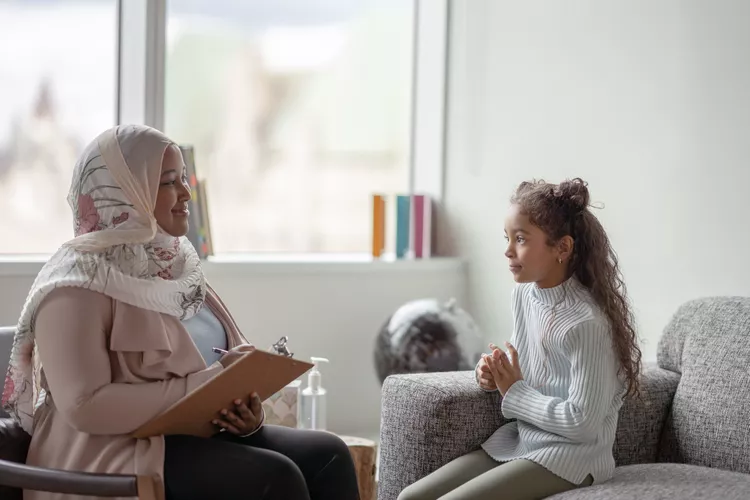Should Your Child Be In Therapy?
As parents, we strive to provide the best care for our children, but sometimes it can be challenging to recognize when they might need additional support, such as therapy. In this guide, we’ll explore what therapy for children entails, signs that your child might benefit from therapy, how to find a suitable therapist, and why parents may also consider therapy for themselves.
What Does Therapy for Children Look Like?
Children’s brains develop differently from adults, impacting how they experience emotions and communicate. For younger children, play therapy is often used, as they process emotions through play. This form of therapy creates a safe space for emotional expression and allows therapists to gain insights into a child’s experiences and coping mechanisms.
Teenagers may engage in talk therapy, where they discuss various topics, even if they seem unrelated to their presenting issues. Building rapport with the therapist is crucial for effective treatment, and privacy is respected under HIPAA laws, meaning parents might not have access to all session information.
Mandated Reporting:
Therapists must adhere to mandated reporting laws if a child’s safety is at risk, which may limit the information they can share with parents. However, discussions about confidentiality and reporting limits should occur early in treatment to ensure clarity for all parties involved.
Signs Your Child Might Benefit from Therapy:
Several signs indicate that a child may benefit from therapy, including significant changes in mood or behavior, experiencing stress or trauma, engaging in self-harm behaviors, or expressing suicidal ideation. It’s essential to take these signs seriously and seek professional help if needed.
Finding A Therapist For Your Child:
Finding the right therapist for your child involves considering their specific concerns, preferences, and rapport with the therapist. It may take time to find the right fit, but prioritizing your child’s needs is crucial in the selection process.
Do You Need Therapy, Too?
Parents should also consider their own mental health and seek therapy if needed. Children are sensitive to their parents’ emotions, and addressing parental stressors can positively impact the family dynamic. Seeking therapy for yourself not only provides support but also sets a positive example for your child about seeking help when needed.
Conclusion:
Recognizing when your child might benefit from therapy and taking steps to find the right support can positively impact their well-being. Additionally, parents should prioritize their own mental health and consider therapy if needed, fostering a healthy family environment where seeking help is normalized.
FAQ:
1.How do I know if my child needs therapy?
Look for signs such as significant changes in mood or behavior, experiences of stress or trauma, self-harm behaviors, or expressions of suicidal ideation.
2.How can I find a therapist for my child?
Consider your child’s specific concerns, their preferences, and their rapport with potential therapists. It may take time to find the right fit, but prioritize your child’s needs in the selection process.
3.Should parents consider therapy for themselves?
Yes, parents should prioritize their own mental health, as children are sensitive to their parents’ emotions. Seeking therapy for yourself sets a positive example for your child about seeking help when needed






